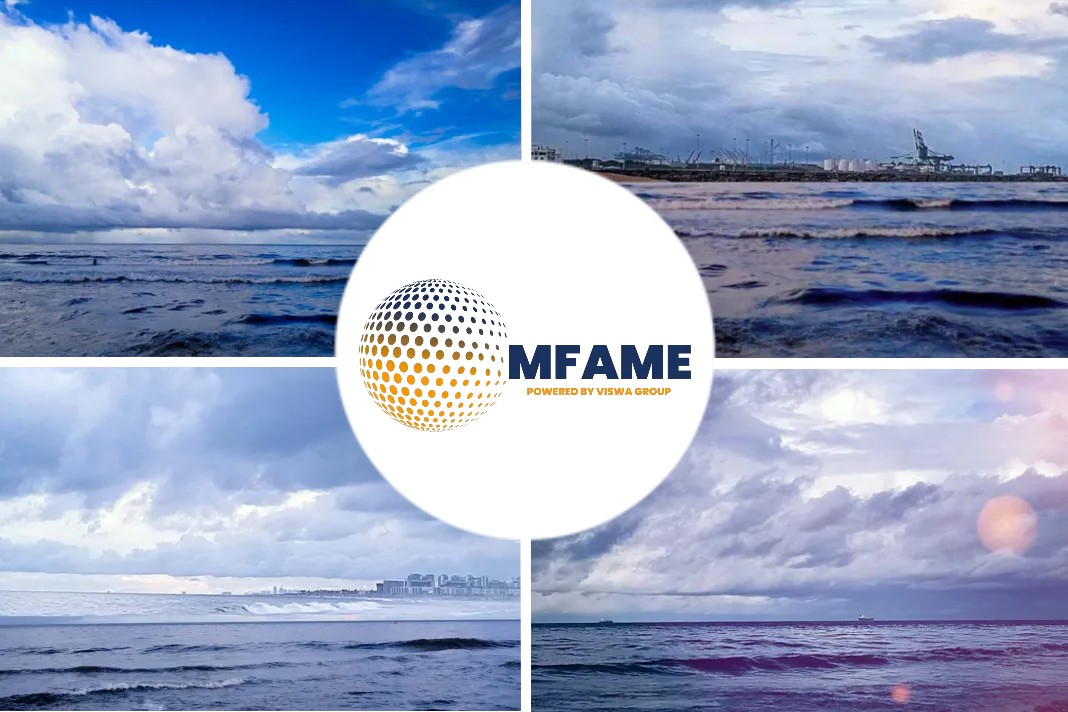The volume of total cargo throughput in the Port of Rotterdam for the first half of 2022 was up 0.8% year-on-year at 233.5 million tonnes, while there was a big surge in LNG imports, reads a press release from Port of Rotterdam.
Although the war in Ukraine does not appear to have dented the Netherlands hub’s overall throughput, the Port Authority said that it has ‘led to significant changes’ in ‘many segments.
Container transport to and from Russia has ‘come to a halt’
In a statement posted on its website today (22 July), the Port Authority reported that container transport to and from Russia has ‘come to a halt’, while ‘persistent bottlenecks in global container logistics’ have caused cargo to shift from large to smaller container ports.
The Port Authority also flagged up that ‘imports of both LNG and coal rose very sharply as an alternative to reduced European imports of Russian gas by pipeline’. In addition, the throughput of crude oil increased, with oil products falling off.
‘In anticipation of the sanctions on coal and oil,’ added the Port Authority, ‘less Russian coal, crude oil, oil products and LNG were imported in recent months. Companies are increasingly importing from other countries.’
Russian oil is finding its way to other markets
Refineries in Northwest Europe are switching to non-Russian oil, noted the Port Authority, with the result that ‘Russian oil is finding its way to other markets’. A 9.4% decline in the throughput of oil products was mainly attributed to a ‘structural decline in the imports and re-exports of fuel oil’.
LNG throughput rose by 45.8% – and the Port Authority surmised that: ‘There is very strong demand for LNG as an alternative to the natural gas entering Europe by pipeline from Russia.’
Sustainable energy supply
Allard Castelein, the CEO of the Port of Rotterdam Authority: commented: ‘Europe relies heavily on Russian energy. The current geopolitical situation makes Europe very vulnerable. The availability of energy and raw materials at reasonable prices cannot be taken for granted.’
Castelein continued: ‘A positive development is that concrete steps have been taken in recent months to make our energy supply more sustainable and to further our energy independence, particularly through investment decisions to build a large biorefinery and Europe’s largest green-hydrogen plant. The business community has made a commitment in the last half year to invest €3 billion in the energy transition. In addition to the vulnerability of the European energy system, nitrogen emissions continue to be a major bottleneck. Several major projects, including the CO2 capture and storage project Porthos, are being delayed or threatened by delays due to uncertainty and restrictions associated with nitrogen emission.’
Did you subscribe to our daily Newsletter?
It’s Free! Click here to Subscribe
Source: Port of Rotterdam
















